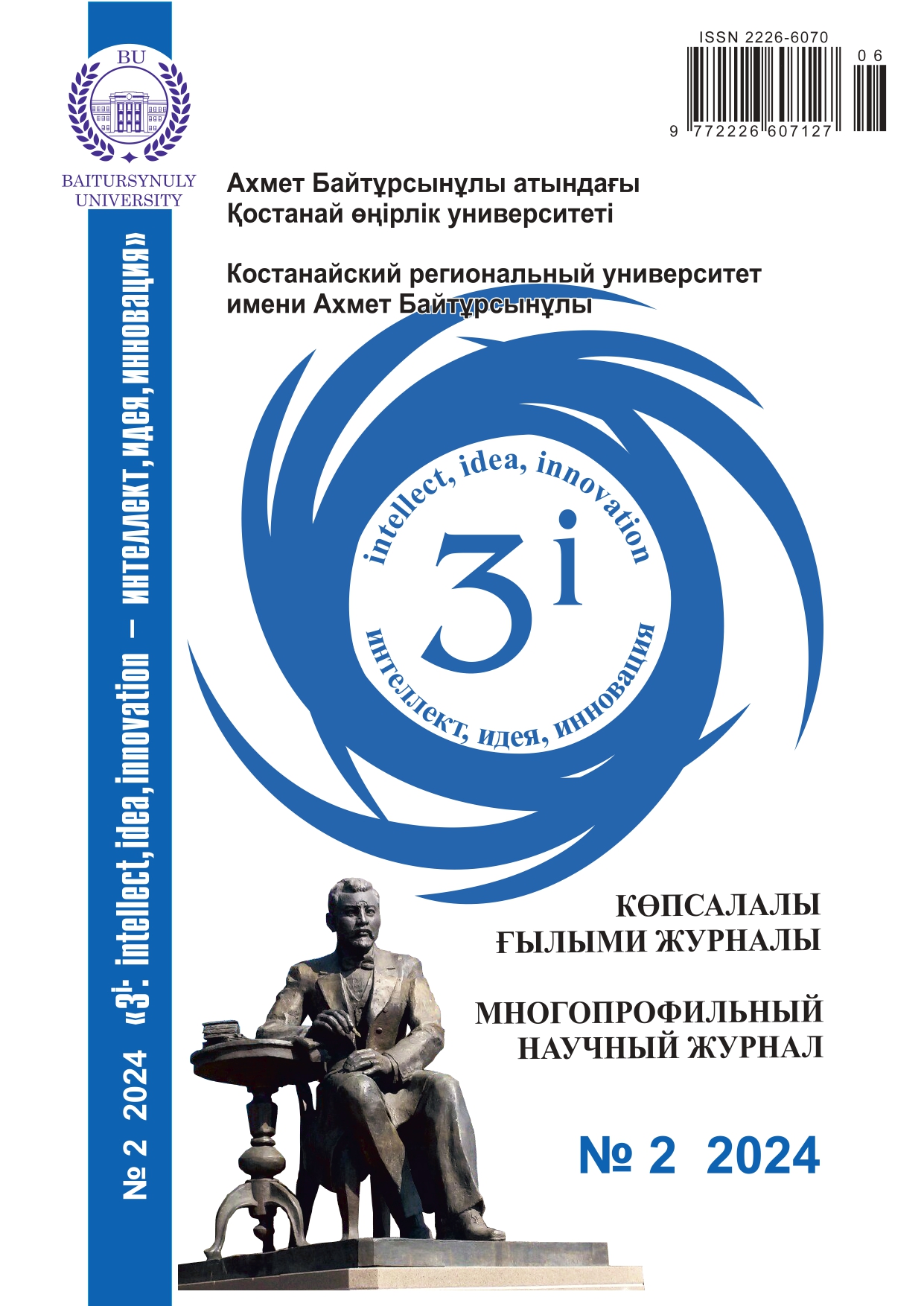METHODOLOGY OF READINESS OF FUTURE PRIMARY SCHOOL TEACHERS TO WORK ON THE INTELLECTUAL DEVELOPMENT OF CHILDREN
DOI:
https://doi.org/10.52269/22266070_2024_2_112Keywords:
future primary school teachers, primary school, intelligence, intellectual development,, intellectual development work, intellectual development of studentsAbstract
This article considered the readiness of future primary school teachers to work on the intellectual development of students. The research work was carried out by students of Korkyt Ata Kyzylorda University. The goal of the research is to determine the readiness of future primary school teachers to work on the intellectual development of students. The research objectives include the interest of students in the future profession, the desire to master it, knowledge of the teaching patterns, checking students' understanding of intellectual development work, collecting materials required for primary school students' intellectual development work. A pre-test survey was done prior to the start of the study, and a post-test survey was conducted after the study concluded. For the research work, a control and experimental group was selected from third-year study groups in Korkyt Ata Kyzylorda University's educational program on pedagogy and fundamental teaching methods. The experimental group also received extra material, tests, and scientific research tasks in addition to the curriculum. At the end of the research work, students were interviewed, dividing them into focus groups. This resulted to the determination of the students' readiness to work on the primary school students' intellectual development. Students learned a great deal about the several kinds of general intellectual development activities, IQ tests, and their methodologies. It was discovered through the student interview approach what qualifications the future primary school teacher does not have to foster students' intellectual development.




